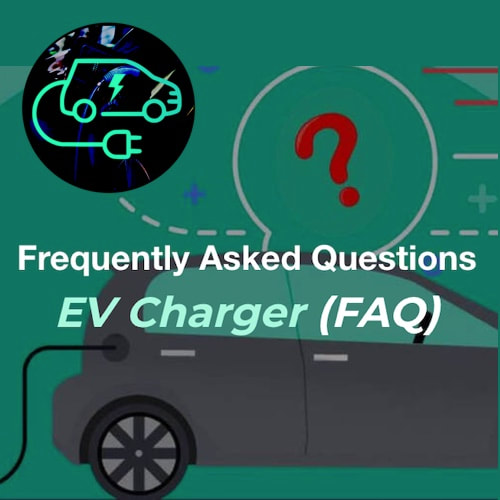How Long Does it Take to Install an EV Charger?
Most EV Charger Installations take less than 1 day to complete assuming there are no additional works required to ensure your current Electrical installation complies with BS 7671 (our regulations). For example, an upgrade of your consumer unit may be required, which Herts EV Specialists Ltd’s professional and fully qualified Electricians can also carry out. From initial enquiry to completion, we aim for a 2 week turn around.
How Much Does it Cost to Install an EV Charger at Home UK?As an estimate the expected price for Home EV Charger Installation would be in the range of £500.00 – £1500.00. The price of Electrical Vehicle Home Charger Installation however can vary depending on several factors such as; - The brand of EV Charger being installed, - Type of existing electrical supply to the premises, - Condition of the current electrical installation (including the consumer unit), - Earthing conductors and the desired location of the EV charger to be installed (separate garage/ outbuilding etc).
|
Can I Have an EV Charger Installed at Home?
Of course you can have an Electric Vehicle Charger Installed at your home or workplace. Off-road parking is ideal, but even if you don’t there are potential solutions. Herts EV Specialists Ltd can carry out all the necessary works to get your new EV Charger up and running after providing a free quotation and complimentary consultation at your property or business to assess all aspects of the EV Installation.
Can I Get an Electric Charging Point Outside My House?
To install an electric vehicle charger at home you must have off street parking, allowing the EV charger to be installed in several locations such as the front or side of your house, inside your garage/outbuilding or fitted to a post or fixture nearer to where you may park your electric car or vehicle. There are certain compliances that must be met regarding the location of your EV charger unit, but Herts EV Specialists Ltd can explain all possibilities upon your free consultation and guide you through the complete process from start to finish.
Do I Really Need An Electric Car Home Charging Station?
The UK government has announced that by 2030 all new cars must be electric, so in reality, all households in Britain are going to need a means for charging electric vehicles. There will be other options for charging electric cars, such as with public street chargers, workplace charging etc, but surely the most convenient place for people to charge their electric vehicle is at their home!
Can Any Electrician Complete EV Car Charger Installations?
|
- Holding valid qualifications, including membership of the Electrician Associations e.g. NICEIC/ NAPIT/ ECA, etc. - Declare compliance with the Institute of Engineering and Technology Code of Practice for Electric Vehicle Charging Equipment Installation (the IET Code). - Hold Public Liability Insurance in relation to Charge points. - Use installers who have been trained and qualified to install EV Charger Points, e.g. hold City & Guilds 2919-01 or 2919-02 qualifications. - If your vehicle qualifies for the £350.00 OZEV (OLEV) grant, then the installers must also be registered with OZEV for your voucher to be valid so be sure to enquire.
|
What is an EV Car?
A EV is an Electric Car (or Vehicle).
EVs are all vehicles or cars that are powered to some extent by electric power or battery.
EVs are all vehicles or cars that are powered to some extent by electric power or battery.
|
A BEV is a Battery Electric Vehicle.
An electric vehicle powered by a battery. A PHEV is a Plug-in Hybrid Electric Vehicle. A Car that “plugs-in” into a charging point to charge its battery. A HEV is a Hybrid Electric Vehicle. Being a hybrid, it has both a petrol / diesel engine and a battery. |
An ICE is an Internal Combustion Engine.
The term ICE refers to the engine itself, rather than the car type. ZEV stands for Zero Emission Vehicle. Any vehicle that emits no harmful pollutants at all from its exhaust pipe. An FCV is a Fuel Cell Vehicle. This is a vehicle powered by a fuel cell. |
Each of these grants plays a crucial role in advancing the UK's commitment to zero-emission vehicles and supporting the infrastructure needed for a widespread switch to electric vehicles.
By providing financial incentives, these grants make it more affordable and convenient for individuals and businesses to install EV chargers, accelerating the transition to a more sustainable and environmentally friendly transportation system.
By providing financial incentives, these grants make it more affordable and convenient for individuals and businesses to install EV chargers, accelerating the transition to a more sustainable and environmentally friendly transportation system.





